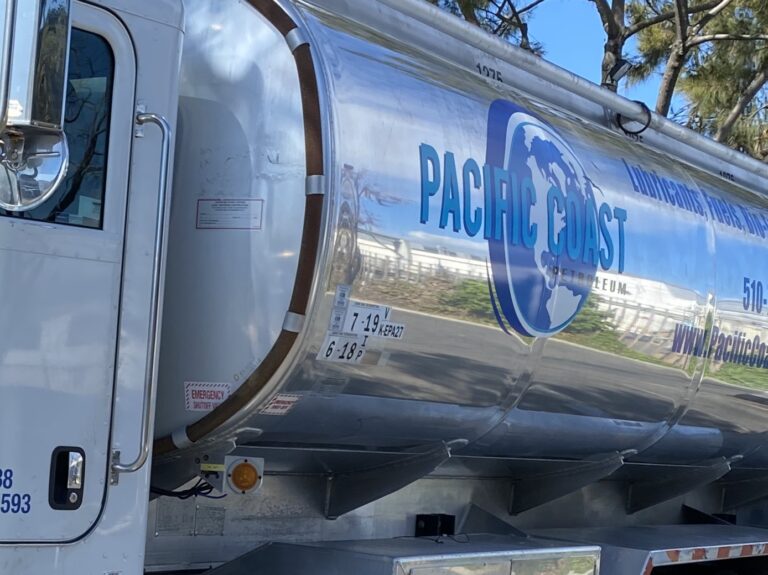Lubricants Division Service
Lubricants Division Service
A lubricant is a substance, usually organic, introduced to reduce friction between surfaces in mutual contact, which ultimately reduces the heat generated when the surfaces move. It may also have the function of transmitting forces, transporting foreign particles, or heating or cooling the surfaces. In addition to industrial applications, lubricants are used for many other purposes. Other uses include cooking (oils and fats in use in frying pans, in baking to prevent food sticking), bio applications on humans (e.g. lubricants for artificial joints), ultrasound examination, medical examination. It is mainly used to reduce friction and to contribute to a better and efficient functioning of a mechanism.In addition to industrial applications, lubricants are used for many other purposes. Other uses include cooking (oils and fats in use in frying pans, in baking to prevent food sticking), bio applications on humans (e.g. lubricants for artificial joints), ultrasound examination, medical examination. It is mainly used to reduce friction and to contribute to a better and efficient functioning of a mechanism.
Lubricants Division Offers the Following Services:
- Keep-Full Program
- Fluid Management Program
- Oil Analysis Program
- Oil Filtration & ISO Cleanliness Program
- Plant Surveys
- Product Consolidation
- Equipment Loan & Purchase Program
- Technical Support
- Lubrication Training
- Increased Drain Interval
- Waste Oil Program
- Hazmat Response & Training
- Risk Management

Keep Full Program
With our Keep Full Program, we utilize the latest in remote tank monitoring technology to ensure that you never run out of fuel. Another great feature of our Keep Full Program is the ability to login to our site and check your inventory and consumption trends. The Keep Full Program is just another way that Gaubert Oil Company provides safe, accurate, and reliable delivery of fuel. and Our Keep-Full service is designed to keep a customer’s above and below ground tank full of product. This program is an automatic delivery service that takes the “worry” factor from a customer’s weekly or monthly routine of ordering fuel.
24/7 Emergency Fuel Services
Pacific Coast Petroleum provide 24/7 generator fueling, on-site fueling and dedicated fuel trucks to companies and government agencies during emergencies including severe weather conditions, hurricanes, tornadoes, floods and other disasters.
Fluid Management Program
Our fluid management system covers comprehensive lubrication management comprising complex metalworking fluids, industrial oils for lubrication and other applications, water-glycol based products such as fire resistant hydraulic working fluids, heat transfer fluids, etc. During the whole process we control and supervise loads and charge changes and timely system clean-ups.
Oil Analysis
Developing an effective oil analysis program requires careful planning. All too often when plant personnel decide to invest in oil analysis, they choose a lab and start sending samples without thinking about what they are trying to achieve. This fire, aim, ready approach to oil analysis is a guaranteed recipe for disaster. Instead, the program should be developed with a careful game plan in place based on a stated series of reliability goals.
Oil Flitration
The term Oil and Grease includes fats, oils, waxes, and other related constituents found in wastewater. Oil and grease are quite similar chemically; they are compound (esters) of alcohol or glycerol (glycerin) with fatty acids. The glycerdes or fatty acids that are liquid at ordinary temperatures are called oils and those that are solids are called grease (or fats).Fats and oils are contributed in domestic wastewater in butter, lard, margarine, they are commonly found in meats, cereals, seeds, nuts and in certain fruits. Kerosene, lubrificating and roads oils are derived from petroleum and coal tar and contain essentially carbon and hydrogen.
These oils sometimes reach the sewage in considerable volumes.
For the disposal of mineral oil on surface water and sewage systems, most governments have special requirements on the quality of wastewater.
Product Consolation
The focus is working with not only your specifications, but those of the machine tool manufacturer as well. Proposed new products require a mutual agreement with process and production engineers to be considered. The product would then be submitted to the Hazardous Committee along with the SDS, Product Data Sheet, Technical Data Sheet, container label and other required documentation.
Purchase Program
Purchasing Power is an employee purchasing program available to employees working for participating employers or organizations. In times when paying with cash or credit is challenging, we’re here for you with a program you can trust. Get what you need now, and pay over time – right from your paycheck.
Lubrication Training
Including functions and characteristics of lubricants, factors in selection of lubricants, and effects of additives. Oils, greases, and other compounds used for lubrication are described, as well as their applications. Lubrication, mechanical maintenance methods, and recommended storage and handling procedures are included.
Waste Oil Program
Waste oil is defined as any petroleum-based or synthetic oil that, through contamination, has become unsuitable for its original purpose due to the presence of impurities or loss of original properties.
Hazmat Response
Environmental and man-made releases of hazardous materials can occur anywhere, anytime. FLIR’s portable suite of HAZMAT detectors and threat identification tools alert responders when harmful CBRNE substances are present, thus avoiding unnecessary exposure and instilling confidence when taking action in the field.


